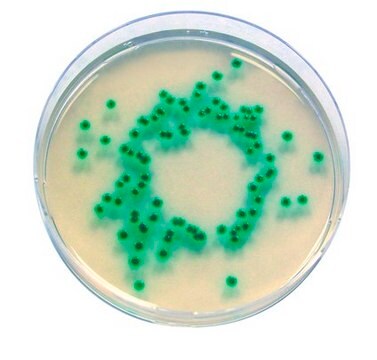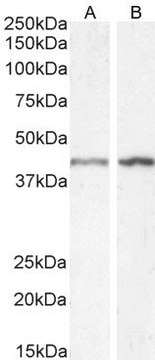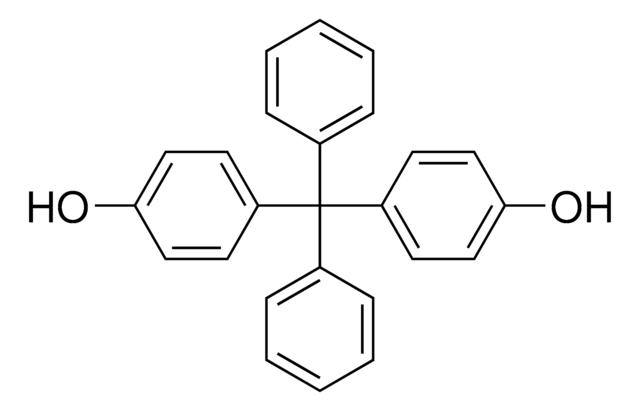14703
Cronobacter spp. ChromoSelect Agar, modified
NutriSelect® Plus, suitable for microbiology
Synonym(s):
Cronobacter spp. isolation agar, Enterobacter sakazakii isolation agar, CSIA, ESIA
About This Item
Recommended Products
sterility
non-sterile
Quality Level
form
powder
shelf life
limited shelf life, expiry date on the label
composition
agar, 15.0 g/L
casein enzymic hydrolysate, 7.0 g/L
chromogenic substrate, 0.15 g/L
crystal violet, 0.002 g/L
sodium chloride, 5.0 g/L
sodium deoxycholate, 0.6 g/L
yeast extract, 3.0 g/L
manufacturer/tradename
NutriSelect® Plus
final pH
7.0±0.2 (25 °C)
application(s)
clinical testing
environmental
food and beverages
microbiology
storage temp.
2-8°C
suitability
Cronobacter spp.
selective and differential for Cronobacter spp.
selective and differential for Enterobacter spp.
Application
Preparation Note
Footnote
The designations basic, plus, or prime are added to indicate the quality control level, from basic quality control to standard QC plus to prime for full regulatory compliance.
Legal Information
Storage Class Code
11 - Combustible Solids
WGK
WGK 3
Flash Point(F)
Not applicable
Flash Point(C)
Not applicable
Choose from one of the most recent versions:
Already Own This Product?
Find documentation for the products that you have recently purchased in the Document Library.
Articles
Cronobacter spp. are frequently found on vegetables, meat, fermented bread, dairy and in baby food. Consumption of contaminated powdered infant formula milk can result in sepsis, infant meningitis and necrotizing enterocolitis.
Cronobacter spp. are frequently found on vegetables, meat, fermented bread, dairy and in baby food. Consumption of contaminated powdered infant formula milk can result in sepsis, infant meningitis and necrotizing enterocolitis.
Cronobacter spp. are frequently found on vegetables, meat, fermented bread, dairy and in baby food. Consumption of contaminated powdered infant formula milk can result in sepsis, infant meningitis and necrotizing enterocolitis.
Cronobacter spp. are frequently found on vegetables, meat, fermented bread, dairy and in baby food. Consumption of contaminated powdered infant formula milk can result in sepsis, infant meningitis and necrotizing enterocolitis.
Our team of scientists has experience in all areas of research including Life Science, Material Science, Chemical Synthesis, Chromatography, Analytical and many others.
Contact Technical Service








